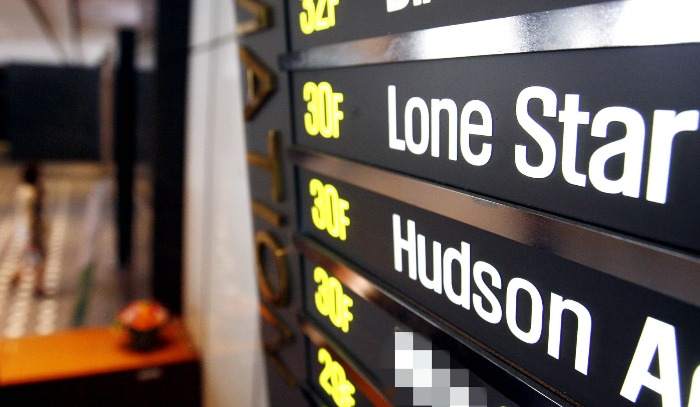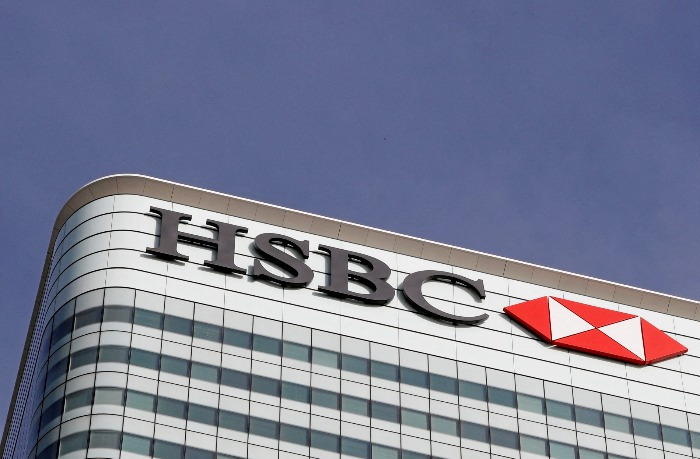Private equity
Lone Star, Seoul wrangle over KEB deal set to wrap up
An international arbitration body's ruling on Lone Star's Korean deal may hold senior govt officials accountable
By Aug 25, 2022 (Gmt+09:00)
2
Min read
Most Read
LG Chem to sell water filter business to Glenwood PE for $692 million


Kyobo Life poised to buy Japan’s SBI Group-owned savings bank


KT&G eyes overseas M&A after rejecting activist fund's offer


StockX in merger talks with Naver’s online reseller Kream


Mirae Asset to be named Korea Post’s core real estate fund operator



A decade-long dispute between South Korea and the US private equity firm Lone Star Funds over a Korean deal will be wrapped up next week, with an international arbitration body set to give a ruling over their legal battle relating to the 3.9 trillion won ($3 billion) sale of Korea Exchange Bank (KEB).
According to South Korea’s justice ministry, the Investor-State Dispute Settlement (ISDS) will deliver a formal decision on Aug. 31 over Lone Star’s demand that the South Korean government pay $4.7 billion in compensation for a delayed approval of its sale of KEB.
The protracted regulatory process led to a longer-than-expected exit from the bank, cutting the profits by half it could have reaped from the KEB deal, it claimed.
If a decision by the ISDS upholds Lone Star’s claim, the South Korean government may have to pay billions of dollars to the Texas-based PE firm. It could also hold government officials, including Prime Minister Han Duck-soo, accountable for the failed legal case.
In 2003, Han advised Kim & Chang, a Korean law firm that represented Lone Star for its 1.4-trillion-won purchase of 51% of KEB. In 2012, Finance Minister Choo Kyung-ho served as vice chairman of the top regulator Financial Services Commission, when Lone Star sold the KEB stake to Hana Financial Group.
What is at issue is whether the South Korean government unfairly intervened in the sale process of Lone Star’s KEB shares, and whether the 850 billion won in tax imposed on the PE firm's capital gains from the KEB sale can be justified.

Lone Star said that the delayed approval by the South Korean government derailed a $6.3 billion sale of KEB shares to HSBC in 2007, which would have created returns of more than five times its investment of 1.4 trillion won ($1.1 billion).
Five years later, the US investment firm eventually sold its KEB stake to South Korea’s Hana Financial for 3.9 trillion won in January 2012, about half the price at which HSBC had agreed to buy the shares.
SOUTH KOREA’S COUNTERCLAIM
Refuting the claim, the South Korean government said that it had put on hold its review of the Lone Star-HSBC deal because Lone Star faced a criminal trial for the alleged stock price manipulation of a former credit card unit of KEB so that it could buy it at a cheap price, alongside KEB.
The case would have affected its eligibility as KEB’s largest shareholder at the time, according to the government.
Regarding the tax, Lone Star argued that it was not subject to Korean taxation because the entity to invest in KEB was based in Belgium. But the Korean authorities rebutted the claim, saying that the investment vehicle was no more than a paper company set up to avoid taxes.
Write to Hanjong Choi at onebell@hankyung.com
Yeonhee Kim edited this article.
More to Read
-
 Mergers & AcquisitionsCJ CheilJedang scraps $3.5 bn green bio sale, shifts gears to expansion
Mergers & AcquisitionsCJ CheilJedang scraps $3.5 bn green bio sale, shifts gears to expansion22 HOURS AGO
-
 Mergers & AcquisitionsCJ CheilJedang scraps sale of Brazilian unit CJ Selecta to Bunge
Mergers & AcquisitionsCJ CheilJedang scraps sale of Brazilian unit CJ Selecta to BungeApr 29, 2025 (Gmt+09:00)
-
 Mergers & AcquisitionsLG Chem to sell water filter business to Glenwood PE for $692 million
Mergers & AcquisitionsLG Chem to sell water filter business to Glenwood PE for $692 millionApr 28, 2025 (Gmt+09:00)
-
 Mergers & AcquisitionsKyobo Life poised to buy Japan’s SBI Group-owned savings bank
Mergers & AcquisitionsKyobo Life poised to buy Japan’s SBI Group-owned savings bankApr 24, 2025 (Gmt+09:00)
-

Comment 0
LOG IN


